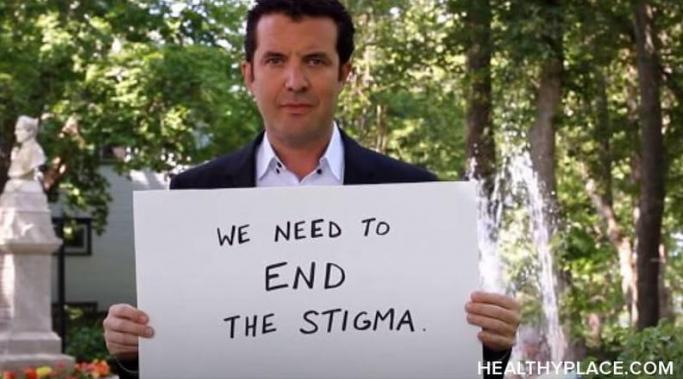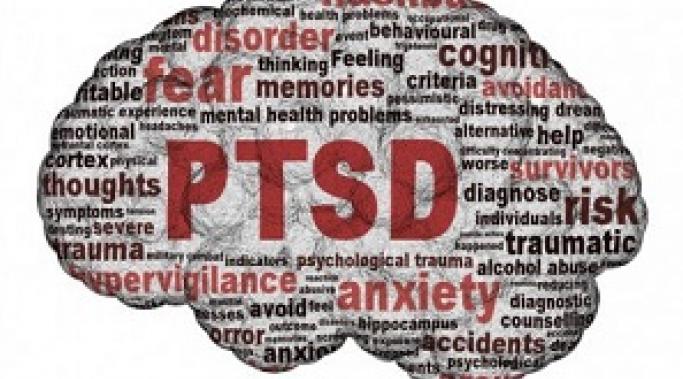Blogs
Current events cause anxiety. News and media tell of violence and strife, hate, political problems, and more, and it takes a toll on our mental health. In many cases, these events are geographically distant from viewers and thus aren't an immediate threat to life and wellbeing. Why, then, do we experience news media anxiety? Further, what can we do when current events cause anxiety?
When you have chronic depression or bipolar disorder, depression relapse seems inevitable and you need to know how to survive depression relapse. I’ve been in treatment for bipolar disorder for almost 12 years and I still struggle with these relapses. Here are some tips I gleaned recently on how to survive a depression relapse.
It's important to realize that depression does not eliminate your basic needs. There are many mornings that I wake up in an uncontrollable rage with nothing to show for it but unwavering anger. In these instances of rage, my usual coping skills of painting, cooking, writing, or exercising do not work. They seem to require too much energy, effort, and thought. I find that my angry self wants only to sit in a tense position with clenched fists, mercilessly criticizing my messy brain. After sitting frozen in this furious position and mindset for a few hours, I fall deeply into a depressive state. I typically ignore my body at this point, skipping meals despite my growling stomach and refusing to use the restroom (Importance of Self-Care to Your Mental Health). But I've learned that depression does not eliminate your basic needs.
Disclosing a dissociative identity disorder (DID) diagnosis is a personal choice. There are many options regarding dos and don'ts of disclosure, and all of the pros and cons should be considered before making a decision. It is especially important to consider the risks of disclosing a DID diagnosis, and be prepared for any negative consequences that may come as a result of being open.
If you believe that someone you care about is at risk for suicide, you may feel worried, helpless, or unsure how to help (Understanding and Helping the Suicidal Person). If that person is you, chances are that you might not even feel like you do care about yourself, or that anyone cares about you. But, the truth of the matter is that even if it doesn't feel like it, someone does care very much. Suicidal thoughts have an uncanny ability to shut out any positive thought processes and make the suicidal person believe, falsely, that his or her life does not matter.
Pokemon Go can help with mental illness recovery. Unless you've been living under a Kabuto the past few weeks, you're aware that Pokemon Go has gone viral (How a Video Game Gave Me My Life Back). But did you know Pokemon Go can help with mental illness recovery? Here are three ways Pokemon Go can help with mental illness recovery.
Stigma, as defined at dictionary.com is a mark of disgrace or infamy. Not all stigma is from others; sometimes stigma comes from within. When a person is ashamed because they have a mental illness of just about any kind, often because of negative opinions of others, they may try to hide their problem and not seek proper treatment. This effect is known as self-stigma and can be a barrier to relationships, employment, and especially proper mental health treatment.
The idea that bipolar medication side effects suck is not a new idea. I am not the first person to mention this nugget. This is something every person with bipolar disorder who is on medication knows. In fact, when it comes to every medication, side effects suck. The reason why bipolar medications stand out for me is, of course, I take them, but not only that, they are medications that most of us have to take for the rest of our lives. When bipolar medication side effects suck, they suck for a very, very long time, so why take bipolar medications?
Have you ever wondered how trauma affects the brain? It's something that I thought about a lot after being diagnosed with posttraumatic stress disorder (PTSD). I wanted (needed) to know that there was a physical reason I wasn't able to let go of the trauma, to just "get over it," like other people have done. The fact is, trauma affects the brain and some of us who suffer trauma and develop PTSD do so because our brains process trauma differently than others.
Some people say that schizophrenia or schizoaffective disorder helps them create art (The Positive Side of Schizophrenia). I am a photographer with a Masters in Fine Arts so you might think I would agree. However, my schizoaffective disorder does not help me create art.









I believe she will only be able to rid herself of her demons, and hopefully her BPD as well, when she's ready to confront the abuse of her father. If she can put the blame where it belongs, she may stop projecting that victim/perpetrator cycle on the present men in her life. These demons are a metaphor for the purgatory she has created for herself. That reality has consequences in the real world, but it need not be real in the tangible sense. Exorcising her demons will require the expenditure of real physical energy and probably the destruction of aspects of her personality. If this ever happens, and it's possible but not probable, then these demons will evaporate. They are only as real as one's personality is real. In short, reality is not the question, it's what you make of the things you feel to be real.